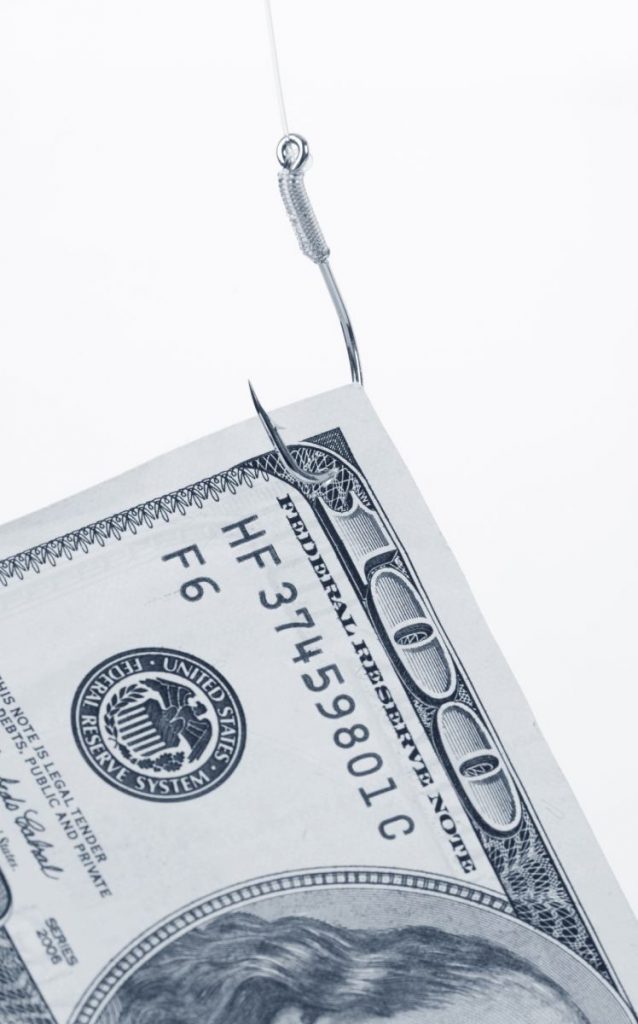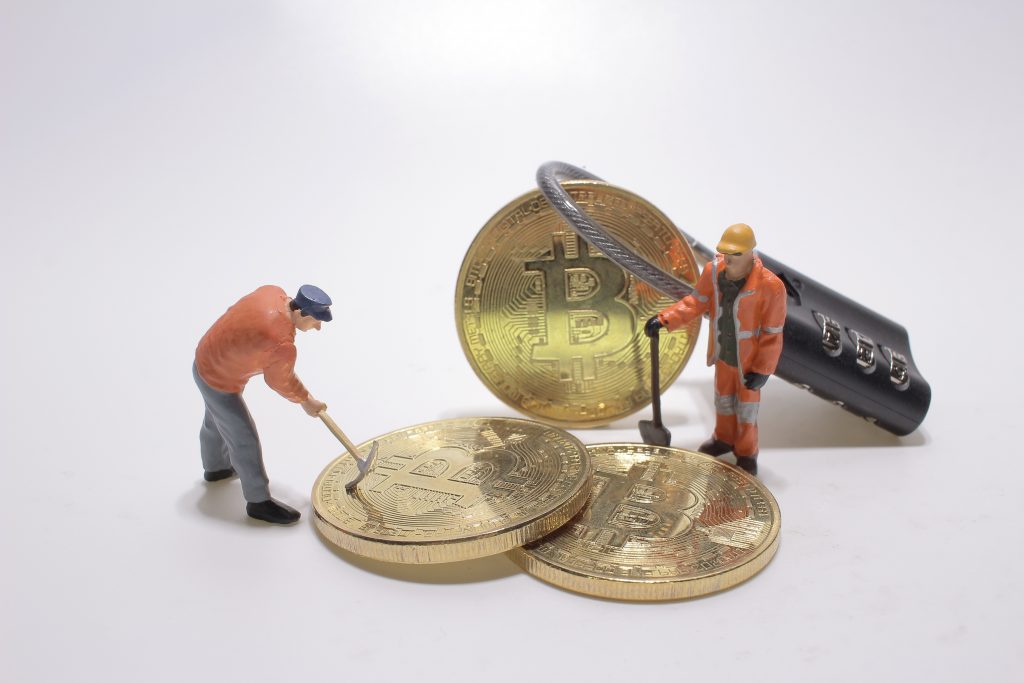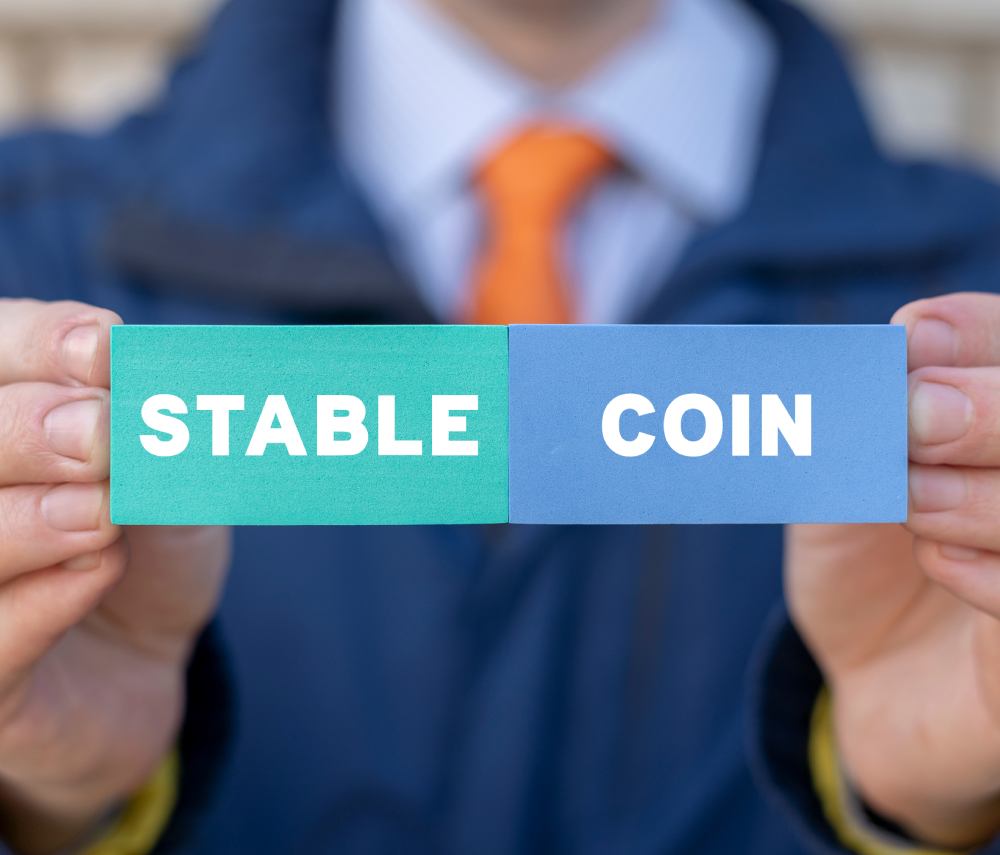Biggest Crypto Scams
We’ve all heard of crypto scams. Not too many years ago, few people had heard of bitcoin and digital currencies. Now hardly a day goes by that we don’t see a new story about crypto currency scams.
It’s gotten to the point where people wonder if cryptocurrencies are legitimate. If there are so many frauds involving digital currencies, isn’t there reason to suspect that crypto is a scam?
Actually, there is nothing inherently fraudulent about cryptocurrencies. Unfortunately, there are many who want to take advantage of some of the properties of digital currencies to commit fraud, but this isn’t mean to reflect on the legitimacy of digital currencies themselves.
Why do cryptocurrencies attract so many fraudsters? First, the blockchain is anonymous. Although every transaction is recorded on the blockchain forever, all bitcoin wallets are anonymous. This is a boon for people who want to run an illegal operation. They can get away with the money without having to put their name on it.
However, one thing crypto scammers don’t count on are experts like Broker Complaint Registry. Our crypto trace technology and bitcoin forensics can unmask identities on the blockchain. We can find out who stole your money and create investigative reports to help you retrieve your funds.
The following are the biggest crypto scams and the ones that you are most likely to come across online. If you see any of the following schemes, know the signs and stay away.

Crypto Trading Scams
Crypto Trading scams are among the most common types of digital currency schemes. Trading is an easy way to convince people to give you money without having to show anything for it right away. That’s one reason trading schemes abound.
Since cryptocurrencies fluctuate in value and there are so many types of virtual coins, people may see them as ripe for speculation. Crypto fans may want to trade the next bit crypto coin. Others think that crypto is the wave of the future and don’t want to miss out.
Fake brokers may offer trading of cryptocurrencies, or they may insist people fund their accounts only with crypto, or both. Some brokers have the audacity to accept regular payment payments and say they will only offer withdrawals in worthless coins or tokens. Many, however, disappear without granting any withdrawal at all.
Whatsapp Crypto Scams
Whatsapp is a convenient way of messaging, but there is very little oversight. Texting isn’t the same as a social media platform or even a crypto exchange. Many people love the ease and quick messaging of Whatsapp, but there is plenty of Whatsapp spam in groups.
Some crypto brokers who find clients on social media encourage them to continue their conversation on Whatsapp, where there is no oversight. It’s safe to say, don’t pass on any sensitive information on Whatsapp.
Crypto Romance Scams
Finding love online is okay. However, too many people lose their money as well as their hearts. If someone has struck your fancy, those feelings should fade pretty quickly if they then ask you for money. The way many of these romance scams work is they get the other person interested in them, build up their trust, and then they come up with a story about how they need a few hundred or thousand dollars to pay to get a hold of their hidden fortune. It’s sad how often this works, but it does. Love and money don’t mix.

Crypto Mining Scams
Making cryptocurrency–making the money—can be complicated. It involves solving complex mathematical problems on supercomputers. Most of us don’t have the knowledge or equipment to mine crypto in this way. Instead, there are opportunities to invest in crypto mining without having to do it yourself.
This sounds exciting, except when we consider that the majority of crypto mining scams are fake. It’s important to demand proof before investing in crypto mining. Get to know a company, its reputation and credentials before you invest in crypto mining.
NFT Crypto Scams
It may be hard to explain exactly what NFTs are, but basically, they are a way of proving ownership of digital assets that aren’t currencies. NFTs could be works of art, logos and collectible items.
NFT crypto scams basically involve counterfeit items. There are many fake NFTs that are selling as if they are the real thing. Think of art forgeries and you can understand what happens with NFT crypto scams. These fraudsters take advantage of the lack of knowledge or experience dealing with NFTs. Check out any NFT deal carefully before spending any money, since there are plenty of tricksters out there.

Facebook, Twitter and Instagram Crypto Scams
Many crypto scams start out on social media. After all, it’s pretty easy to create fake accounts and identities on social media platforms. Using these digital disguises, crypto scammers can attract people to invest in a brand new digital coin or a crypto trading deal.
One thing these social media crypto scams have in common is that they thrive on a sense of haste. They’ll tell victims that they have to act now to take advantage of this crypto deal of a lifetime. The reason they are in such a hurry is so they can disappear without a trace. They can quickly deactivate their social media account after they’ve stolen the money.

USDT Scam
USDT or Tether is supposed to be one of the safer cryptocurrencies. It gets its name from the notion that it is tethered to a strong real-world assets–the U.S. dollar. One common scam works by telling people they were given free USDT, as in a typical sweepstakes scheme.
Many fraudsters offer fake USDT coins that aren’t really tethered to the dollar. These are counterfeit coins that have no value. However, many people aren’t sure what to look for to prove that their USDT aren’t the real article.
What If You’ve Lost Money to a Crypto Scam?
It doesn’t matter what kind of crypto scam stole your money–you can benefit from crypto recovery. Contact Broker Complaint Registry to find ways to get your money back. We will work closely with you and get you started on the road to crypto recovery.
If You Need Crypto Recovery, Speak to Broker Complaint Registry
If you suspect you are dealing with a crypto scam, request a withdrawal or refund. If you are not given your money back, contact the Broker Complaint Registry right away. We will consult with you, work to track down your funds and create investigative reports, and will assist with fund recovery efforts.

